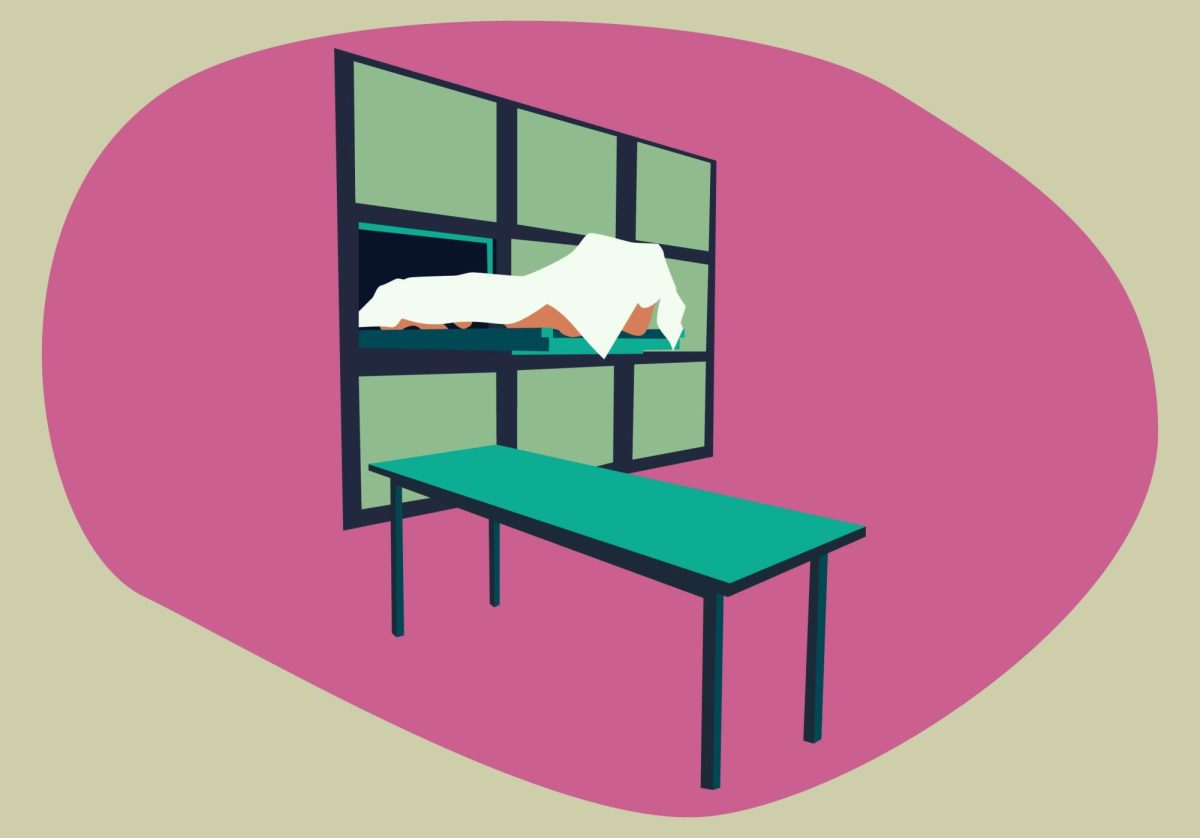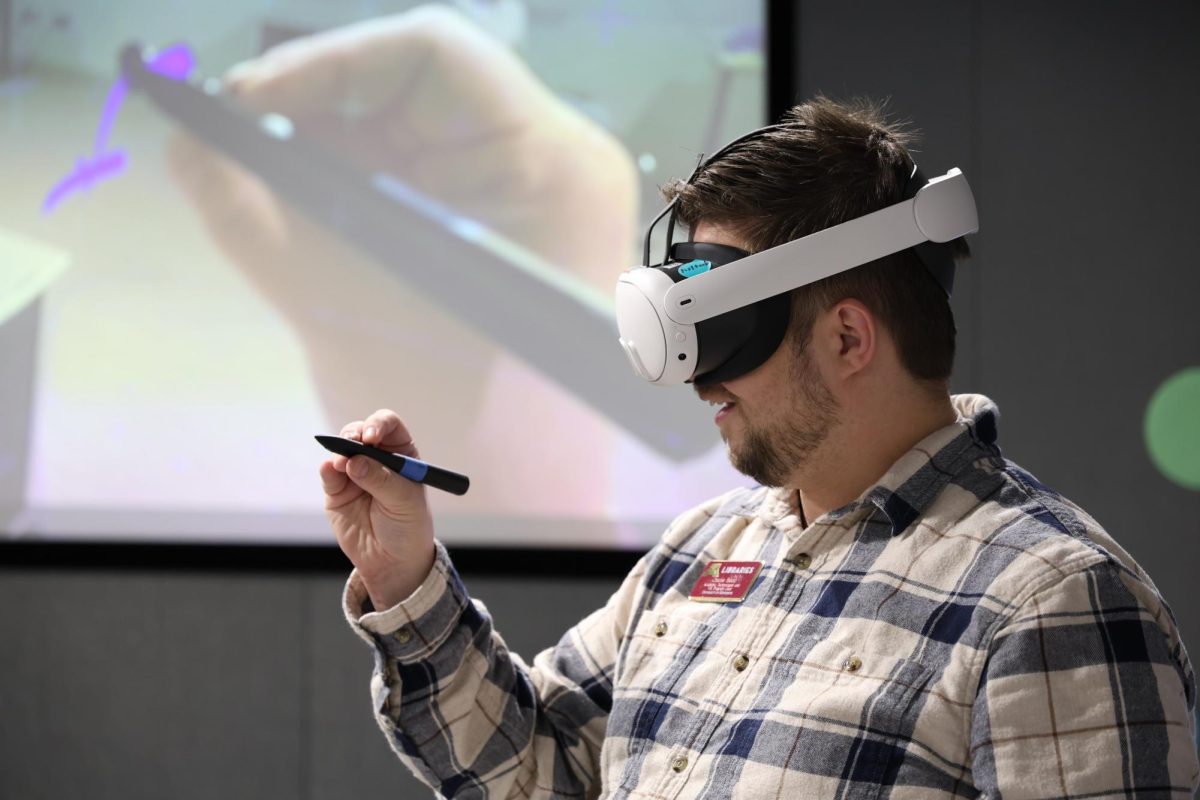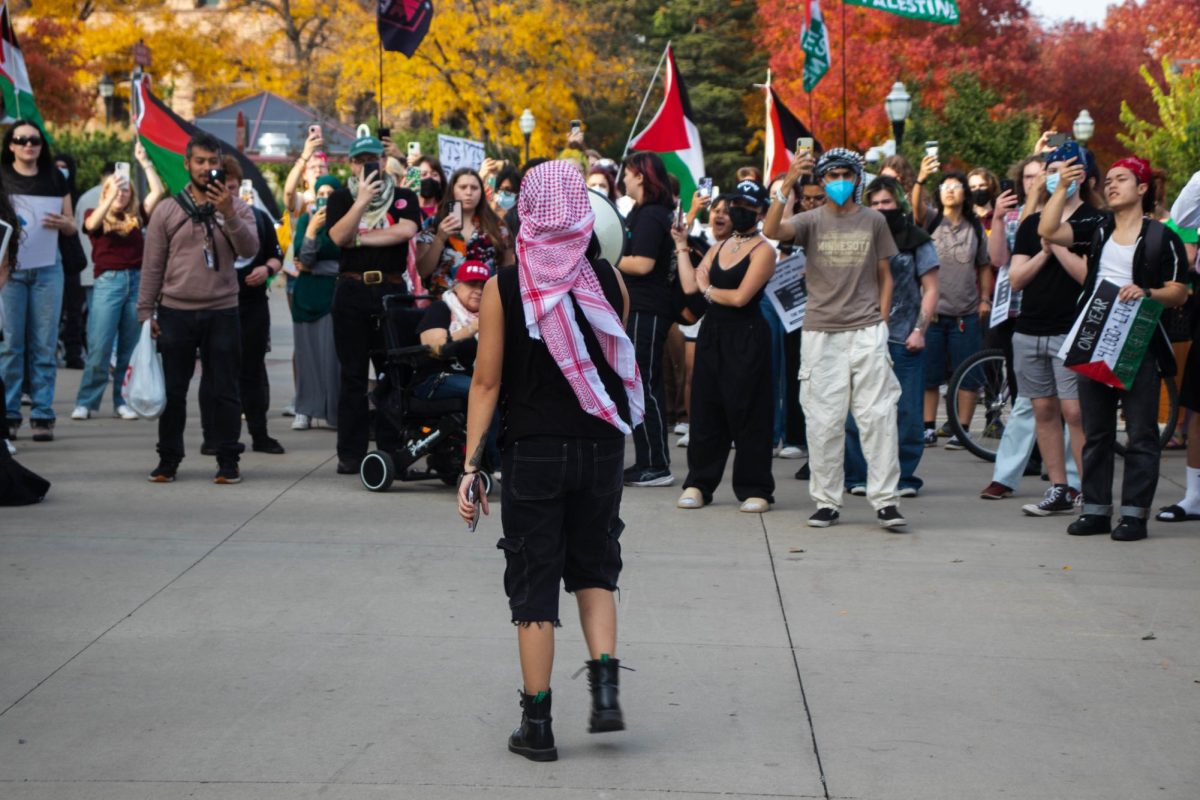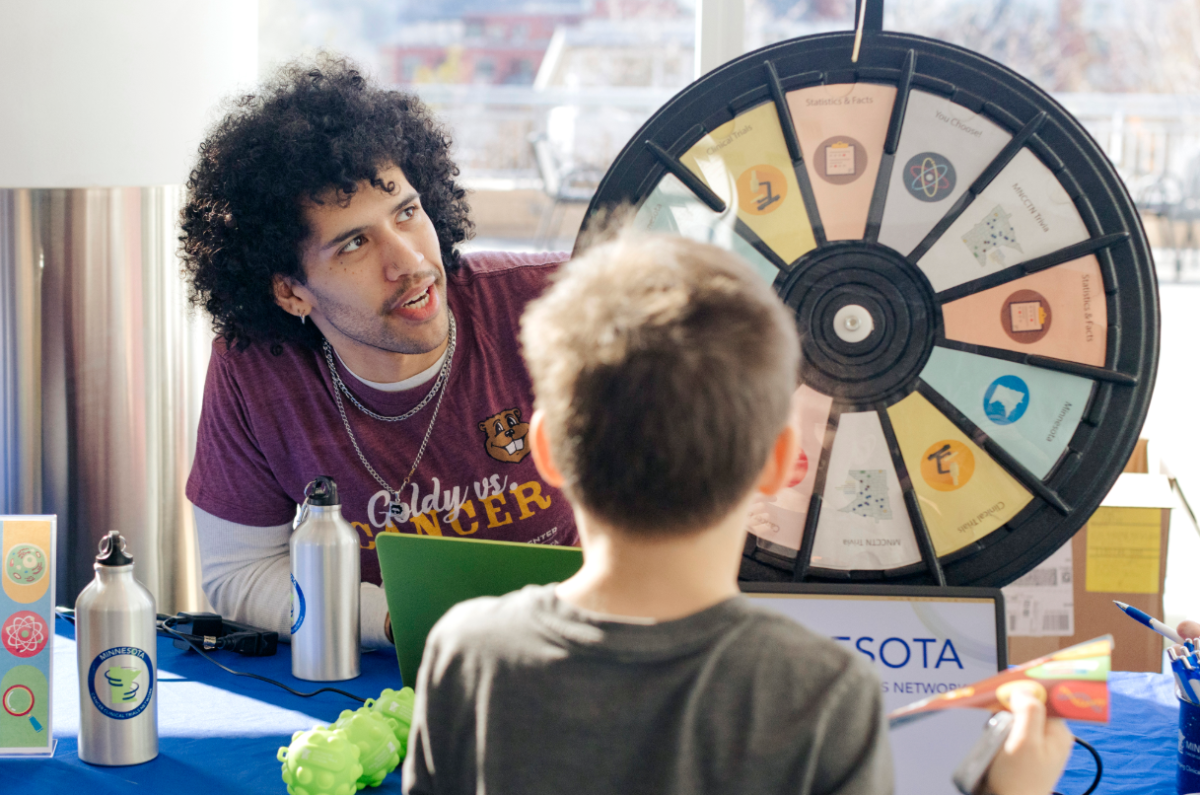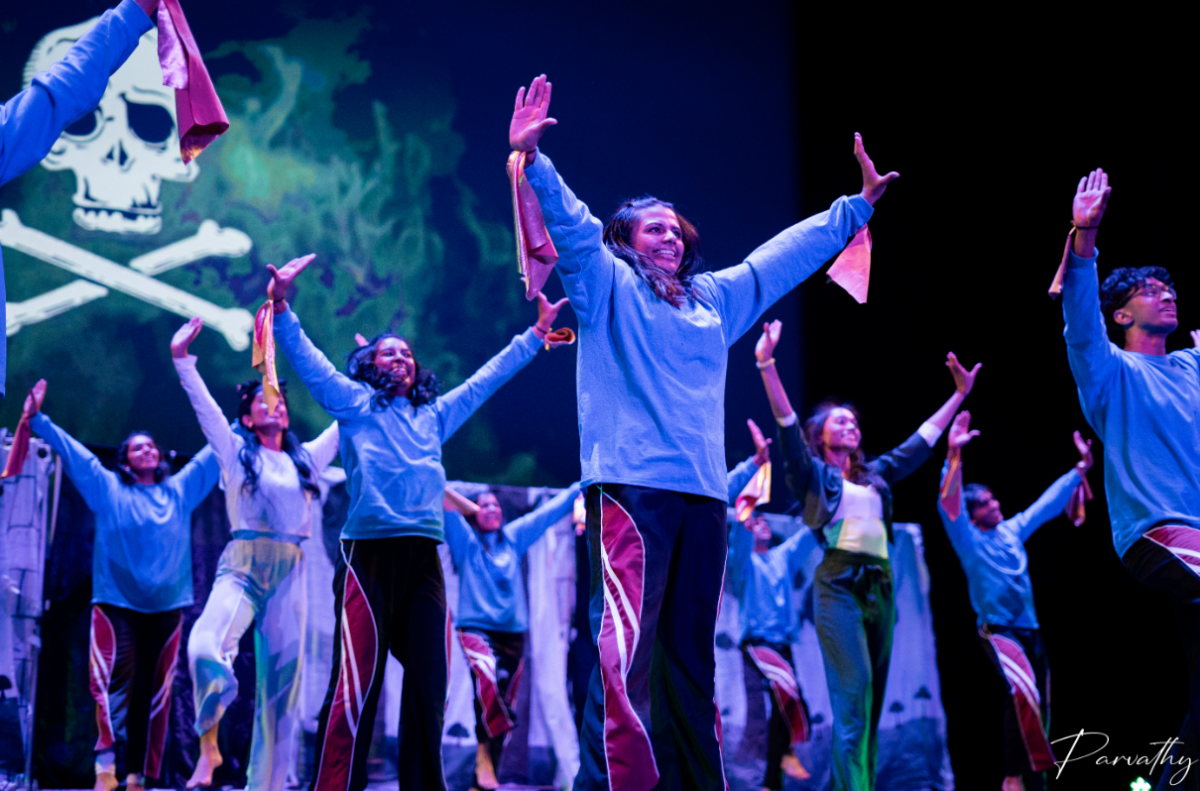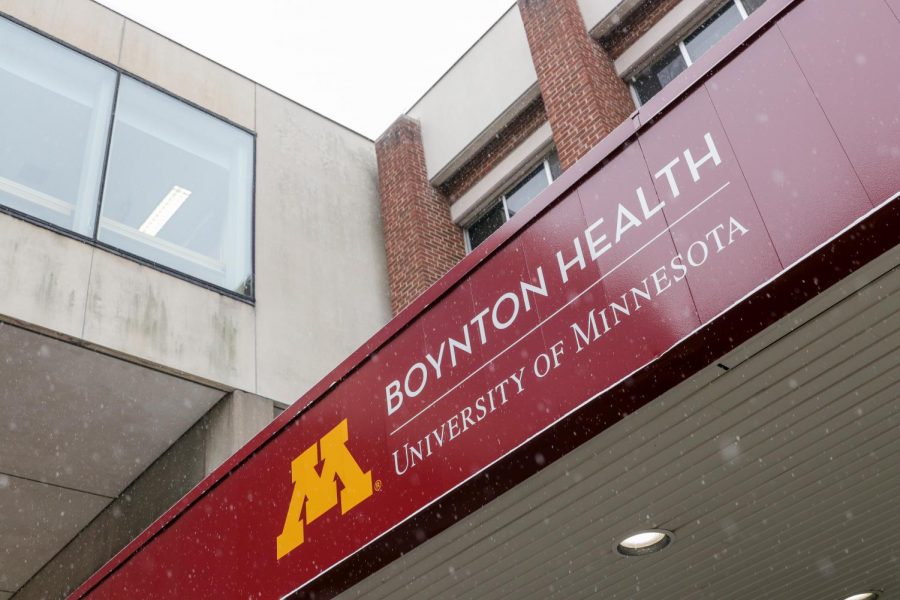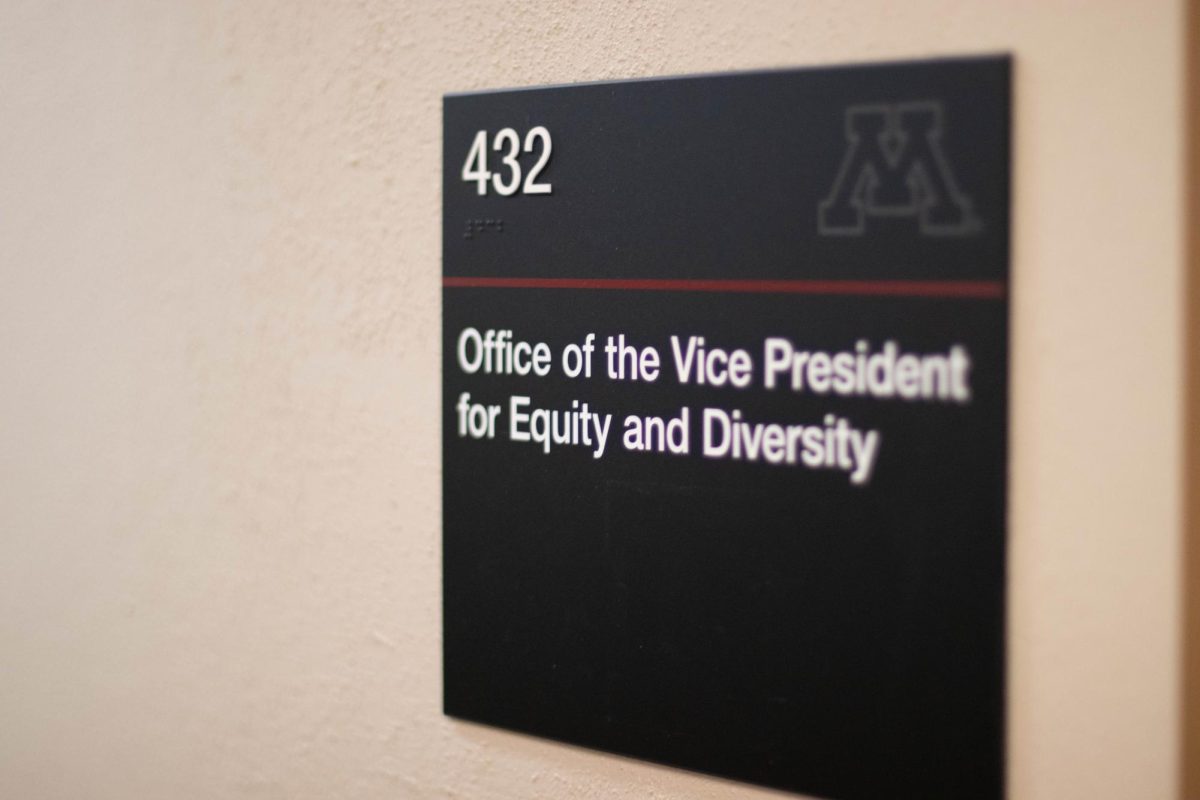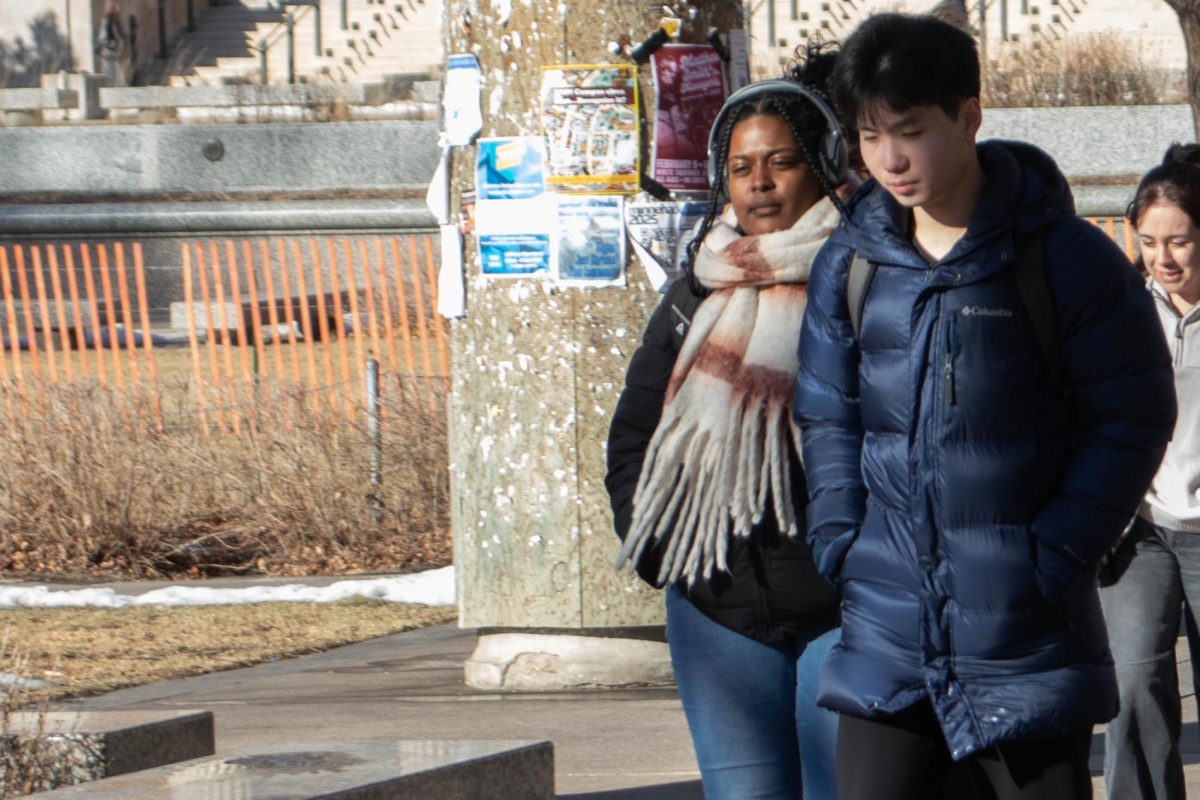When thinking about what she wanted to do with her life, April Gentling believed she was going to go into law enforcement.
Now a first-year student in the University of Minnesota’s Program of Mortuary Science, Gentling is on a different path, studying to become a funeral director.
“Before, I was actually interested in being a coroner or a medical examiner, but I felt I wouldn’t get as much fulfillment out of that as I would being a funeral director,” Gentling said. “It’s more personal, and there are more emotions, especially since you are working with the families.”
Gentling is currently working a live-in position at Evans-Nordby Funeral Home, where she is getting experience being “on-call,” just as a funeral director would. The calls she answers are not the average person’s phone calls.
“Sometimes, during the day, I will get calls about pricing or something like that, but at late times of the night or even super early in the morning, I can get calls when somebody has passed away,” Gentling said.
When she gets those calls, Gentling said she usually gathers all the information she can, talking to medical examiners, nurses and the family to answer questions they may have.
Once she has completed these tasks, Gentling relays all the information she receives to the funeral director.
Gentling added that, on top of her practical experience, the Program of Mortuary Science helps her learn new things about the industry.
“I have enjoyed every class I have taken so far because I learn so much every day I go to class, and the professors always keep the content interesting,” Gentling said.
Gentling said her favorite class is her funeral law class, where she learns about different contracts associated with funerals.
Michael LuBrant, the director of the program, said mortuary science is a caregiving profession.
“Really, it’s a form of health care. It’s serving families, deceased individuals and people at the end of the life cycle,” LuBrant said. “We are providing care not only to families and survivors, but we’re also providing care for the remains of people who have died.”
The University’s program started in 1908 and is the only mortuary science program housed in a medical school in the United States, according to LuBrant.
“We are the only program in the state of Minnesota, and so most of the morticians here who are licensed graduated from this program,” LuBrant said.
LuBrant added that many graduates of the program go on to pursue a variety of careers, from becoming morticians to working for medical examiners to becoming death scene investigators.
One component of the program, according to LuBrant, is social psychology.
“We teach students skills to work with families and survivors and to talk with them during their time of loss and bereavement to help better determine what it is that would be helpful for them in their time of loss,” LuBrant said.
LuBrant said there is also a regulatory component of the program to ensure students understand all of the laws, rules and regulations that oversee the disposition of the dead, which requires demonstrating the highest standards of professional and ethical conduct.
Additionally, students within the program get hands-on experiences within the field, as Lubrant said students are required to perform a minimum of 256 hours of on-site clinical education at a minimum of two funeral homes.
“This not only involves decedent care, but also work with survivors and families as well as participation in funeral services and serving families at the actual time of need,” LuBrant said.
Janet McGee, a multi-subject professor within the program, has implemented virtual reality (VR) into some of her classes because it allows students a chance to practice empathizing with the people they are caring for.
“Empathy is a big part of being a mortician,” McGee said. “You only have one shot at this when you’re sitting at a table making arrangements with the family.”
McGee’s students went to a VR lab, put on goggles and experienced what it was like to be a 77-year-old named Alfred who had impaired vision and hearing loss. He said the goal of this was for students to become more aware of how to treat people who are different from them and to help them make people feel more comfortable.
“Say an older gentleman loses his wife and they’re making arrangements,” McGee said. “It can easily happen that the husband gets discredited because he can’t hear or keep up with the conversation.”
It is important for people to be respected no matter their limitations, according to McGee.
“This is a profession where we have a lot of caring, empathetic people,” McGee said. “These people are giving their all, every day, to grieving families.”


